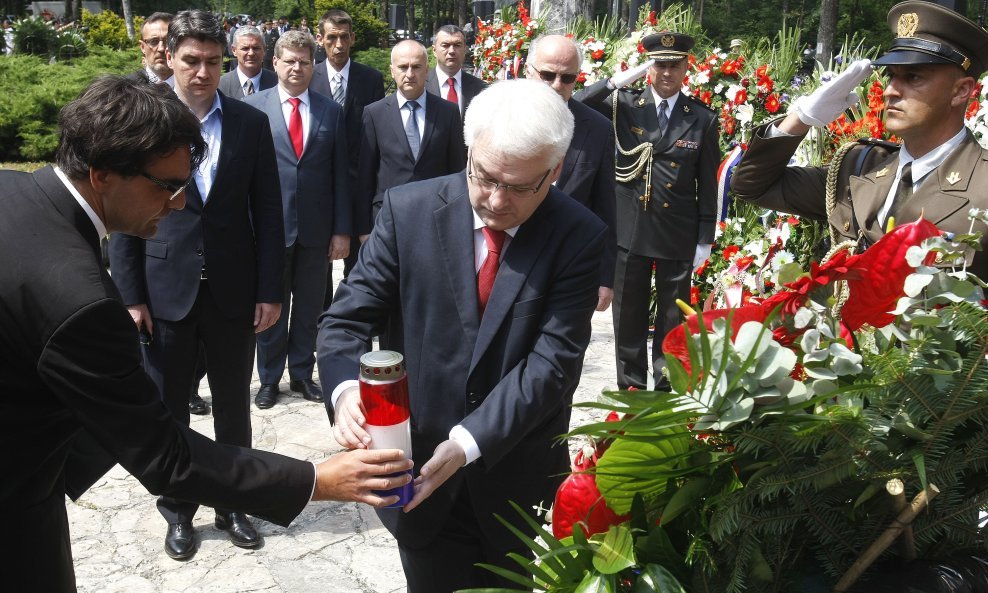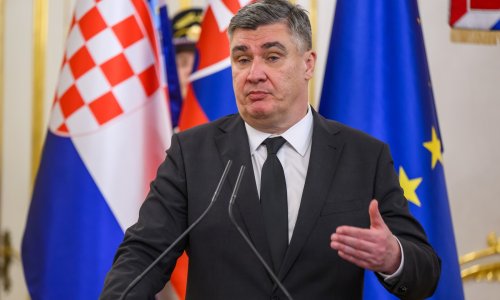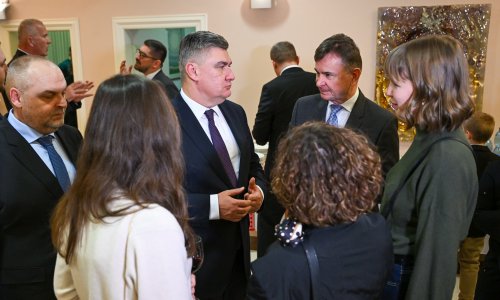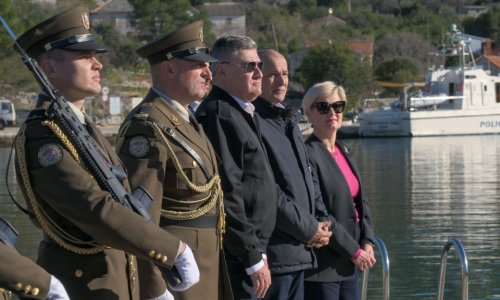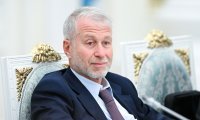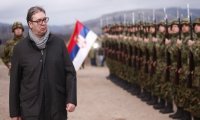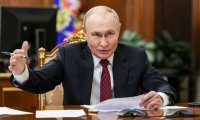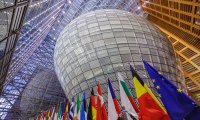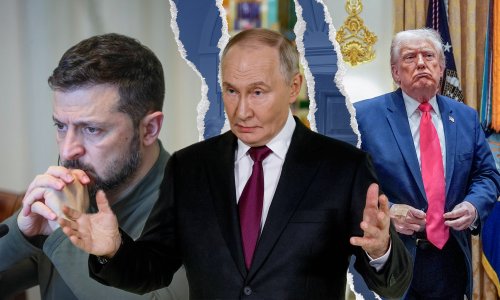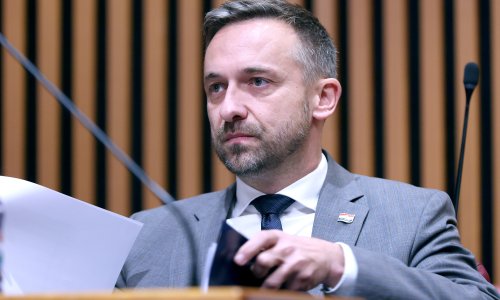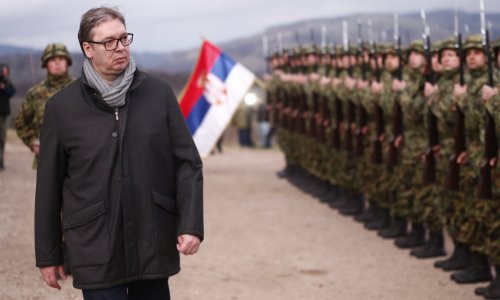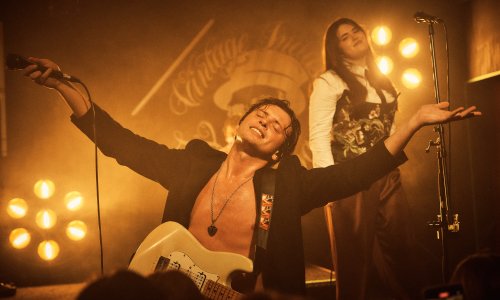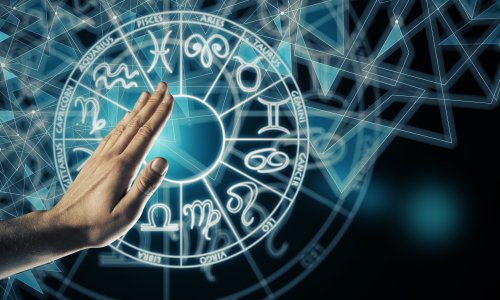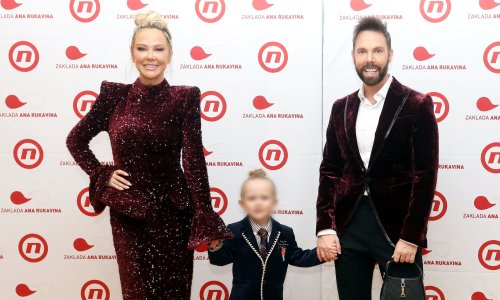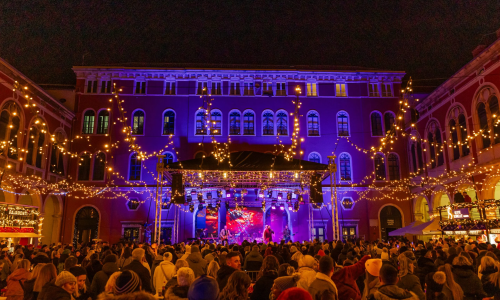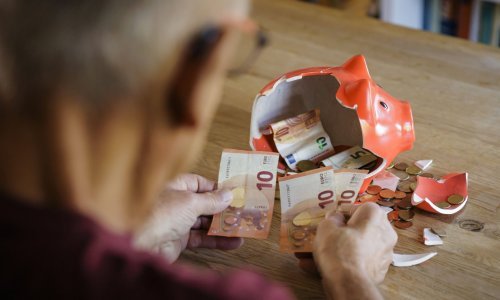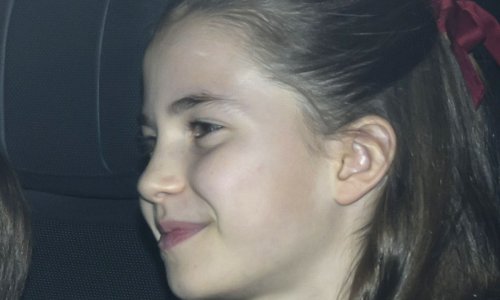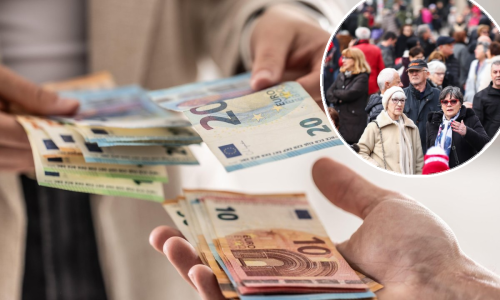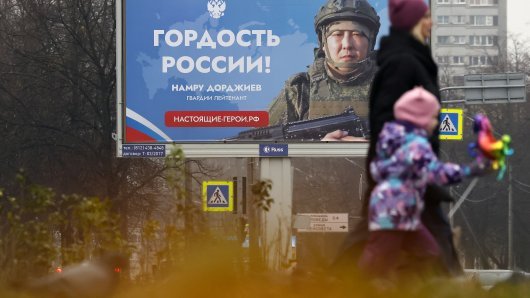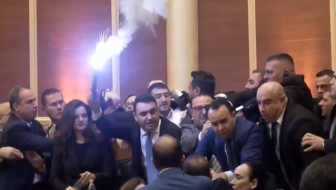Antifascist Struggle Day was marked at a monument in Brezovica forest near Sisak on Friday, with President Ivo Josipovic saying June 22 was one of the most important dates in Croatian history.
This is the day when Croatia said 'no' to a global evil, fascism and Nazism, which, unfortunately, had allies here in the Ustasha and the Chetniks, a day when we honour our grandfathers and fathers for their courage and patriotism, the President said addressing those in attendance, notably the Partisans, telling them that although they were fewer by the year, saying 'thank you' for all the good they had done and for preserving freedom and humanness was never enough.
Jospovic said Croatia today was a democracy which, unfortunately, had had to go through one more story of resistance to evil. "What the people who formed the first Partisan unit here were in 1941, our defenders were in the 1990s."
He said anti-fascism was a Croatian legacy and part of its national identity, something by which it would be recognised in the European Union.
The key question is whether today Croatia can tell the common story of the history of the sons and daughters of those who fought on the side of anti-fascism and those who were on the other side, he said.
I personally think that it can if the story contains the moral lesson about what was good and what was evil. We know it was good and just to participate in the antifascist struggle and to protect our neighbour and friend and, together with him, gun in hand, say 'no' to fascism and Nazism, said the President.
Prime Minister Zoran Milanovic said his address would not be a history lesson because those in attendance "don't need it."
Anti-fascism is not an idea or a value per se, but an alliance of good people who had common but not the same values, to oppose what was insane, that which negated the right to being different as well as the right to live, he said.
Anti-fascism is a gathering, the resistance of good people to bad, destructive, inhumane ideas, and Antifascist Struggle Day is important for Croatia because no other country had an organised, serious military movement from 1941 to 1945 without a state or state authorities, he said.
"Nobody in Europe had that and that makes Croatia different and special."
Croatia is different also because of the brotherly alliance borne out of necessity and hardship, and sometimes desperation, between the Croats and the Serbs, who had similar motives, deeply human, and that was resistance to evil, he added.
Antifascist Struggle Day has to be observed also because the Croat people, in percentage terms, took part in that resistance more than any other European people. Those are only three of the most important reasons why this is a special holiday, said Milanovic.
He noted that it should be said that mistakes and crimes were committed in the victorious struggle, but also that the standards at that time were different.
"What was allowed in 1945 was not allowed in 1965," Milanovic said, adding that in 1990, Croatia was caught in a different situation.
"In 1945, the entire Europe was in flames and human life was worth nothing. In 1990, the EU was mature, spoiled and rich, while Croatia was waging a war. High criteria were applied to us in that war. We were not up to some of those criteria in that just struggle, but we were up to most of them."
History should be viewed in the context of time as the only way to properly evaluate ourselves as a people and as a community and to realise that our leaders, both in 1945 and in 1990, were actually the best Croatia had and what the people had chosen, said Milanovic.
The parliament speaker's envoy, Josip Leko, said that attending today's ceremony meant "being with people who had political wisdom, a sense of justice, vision and courage."
"Not recognising the merits of the antifascist movement means being in conflict with the freedom-loving, progressive part of the world, it means being on the losing side," said Leko.
The president of the Alliance of Antifascist Fighters and Antifascists of Croatia, Ratko Maricic, said today was a holiday, but that the antifascist view should be preserved throughout the year.
The Nazi and fascist ideology has not disappeared from the world scene, including here, and silence and restraint on the part of democratic forces give it room to act, resulting in Nazi slogans and racist slurs against blacks, Roma and Jews, not only in stadiums, but also in some print media, he added.
Serb People's Council president Milorad Pupovac said it was important to maintain the values of brotherhood, justice and social equality and to look in them for inspiration for public and political activity.
Speaking on behalf of Antifascist Coalition countries, Russian Ambassador Robert Markaryan said the marking of Antifascist Struggle Day showed how deeply rooted anti-fascism was in the conscience of Croatian society.
Croatia observes Antifascist Struggle Day on June 22 in memory of the formation of the first armed antifascist unit in Croatia and occupied Europe in World War Two - the 1st Sisak Partisan Detachment - formed in Brezovica forest near Sisak on 22 June 1941.
Today's commemoration was held under parliament's auspices. At the beginning, Josipovic, Milanovic and Leko laid wreaths and lit candles at the monument to the 1st Sisak Partisan Detachment. A wreath was also laid by the deputy military chief-of-staff, Lt. Gen. Slavko Baric.



